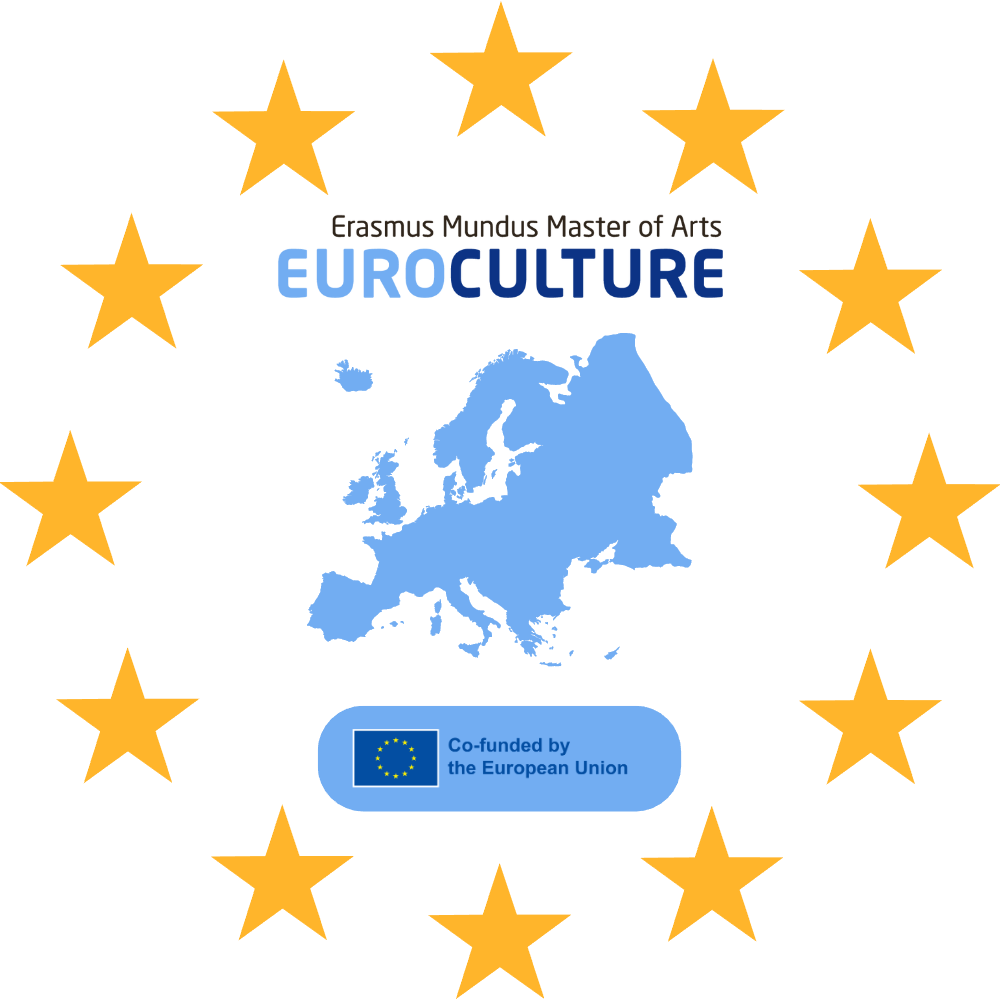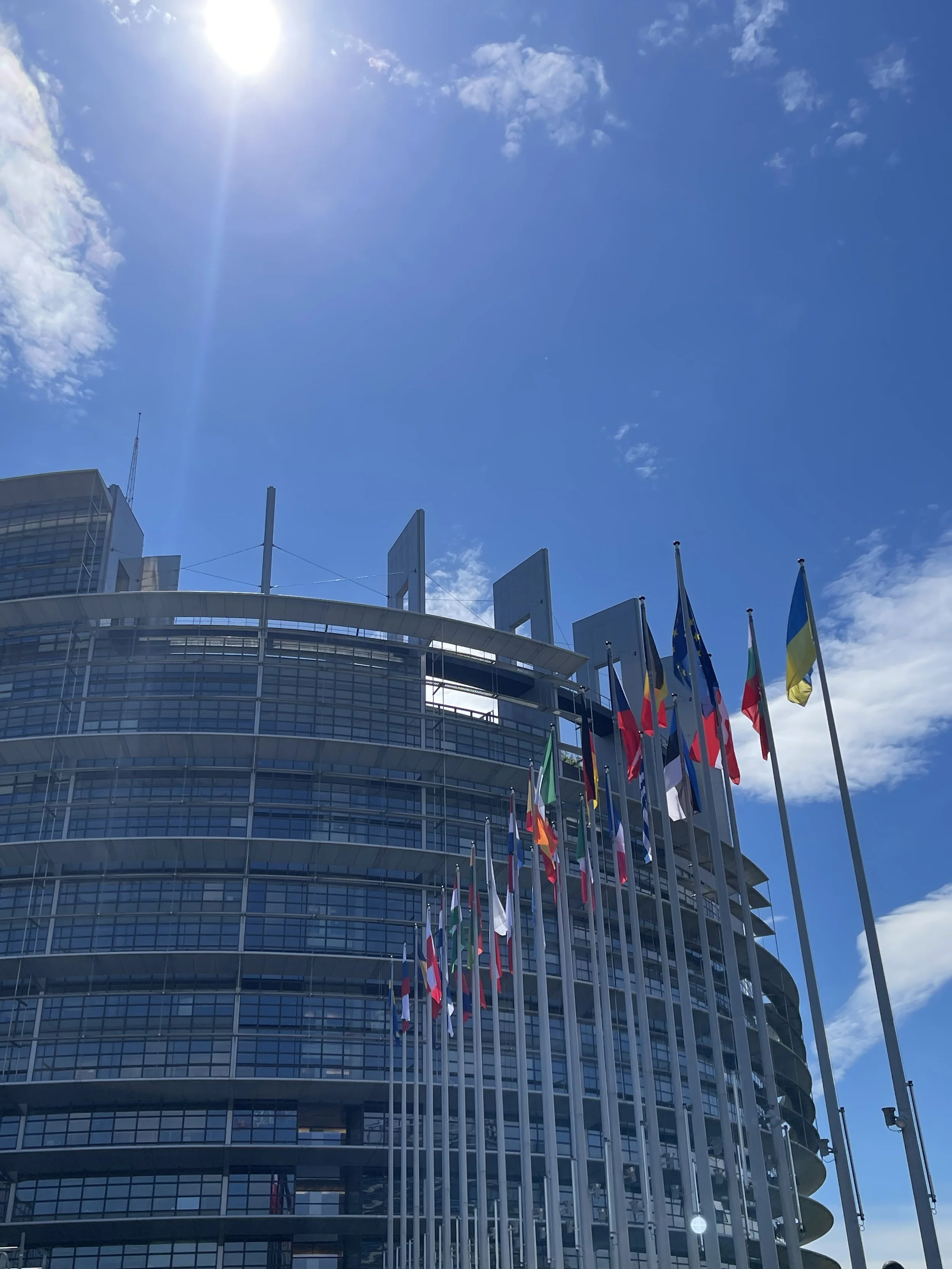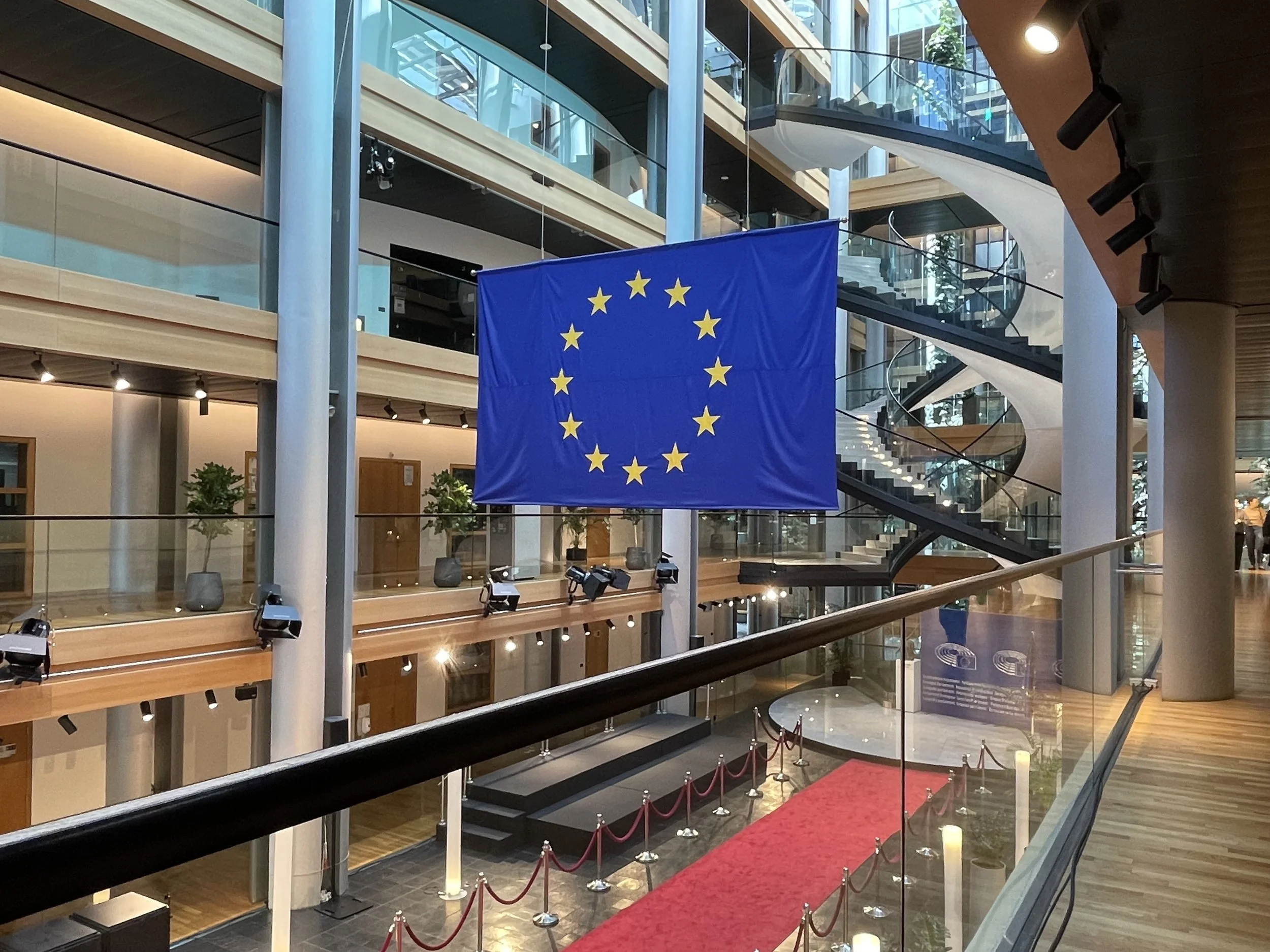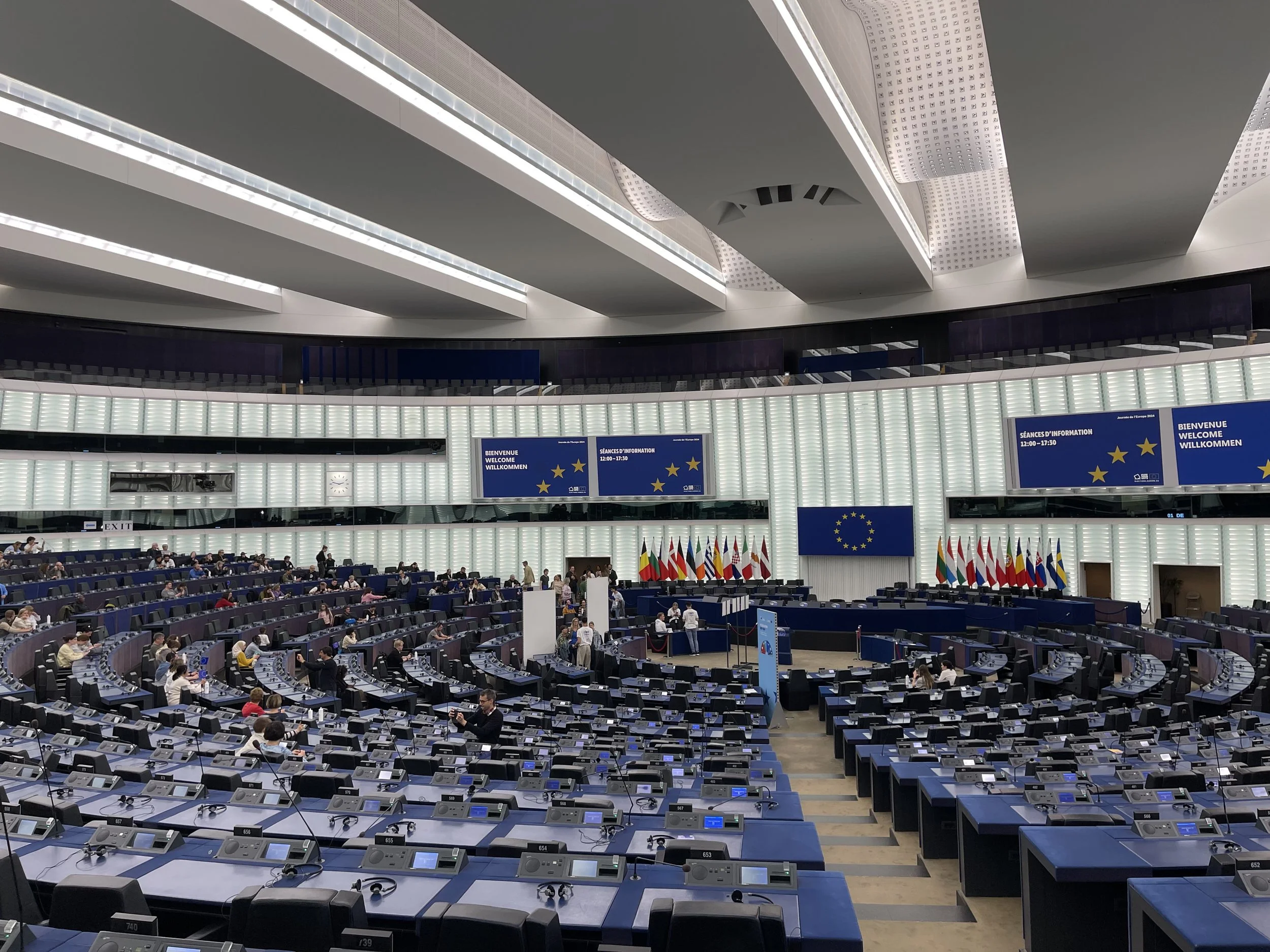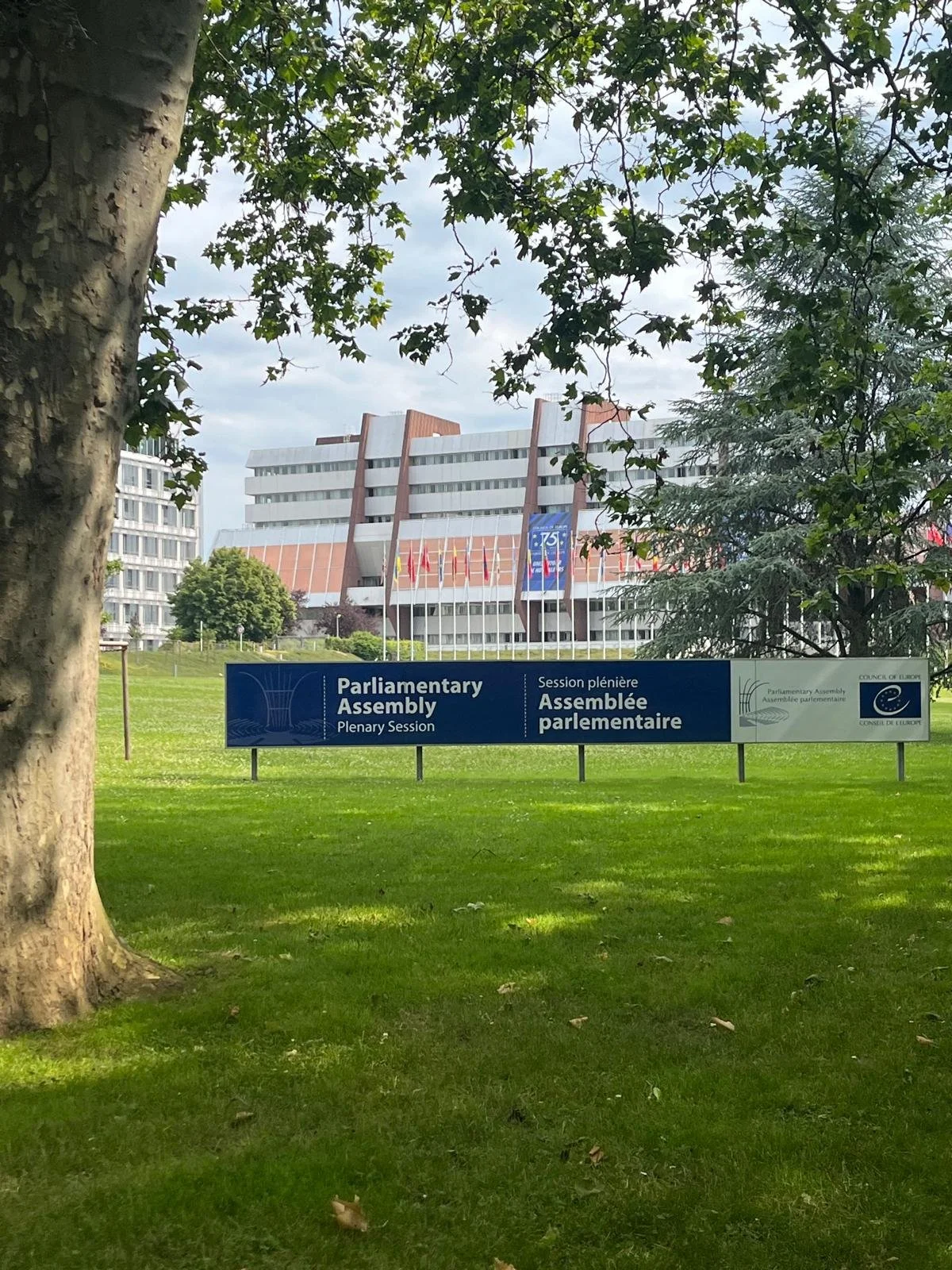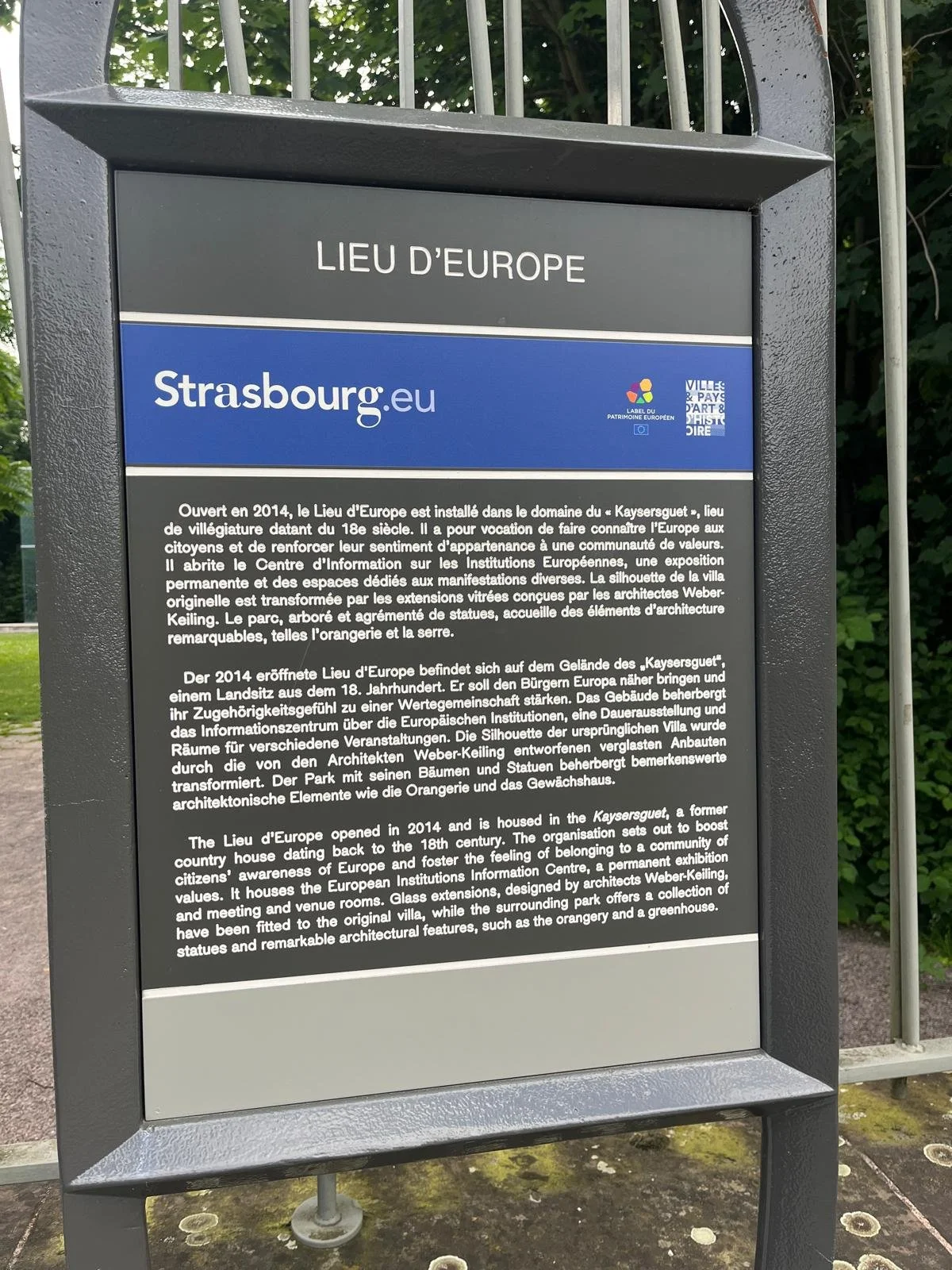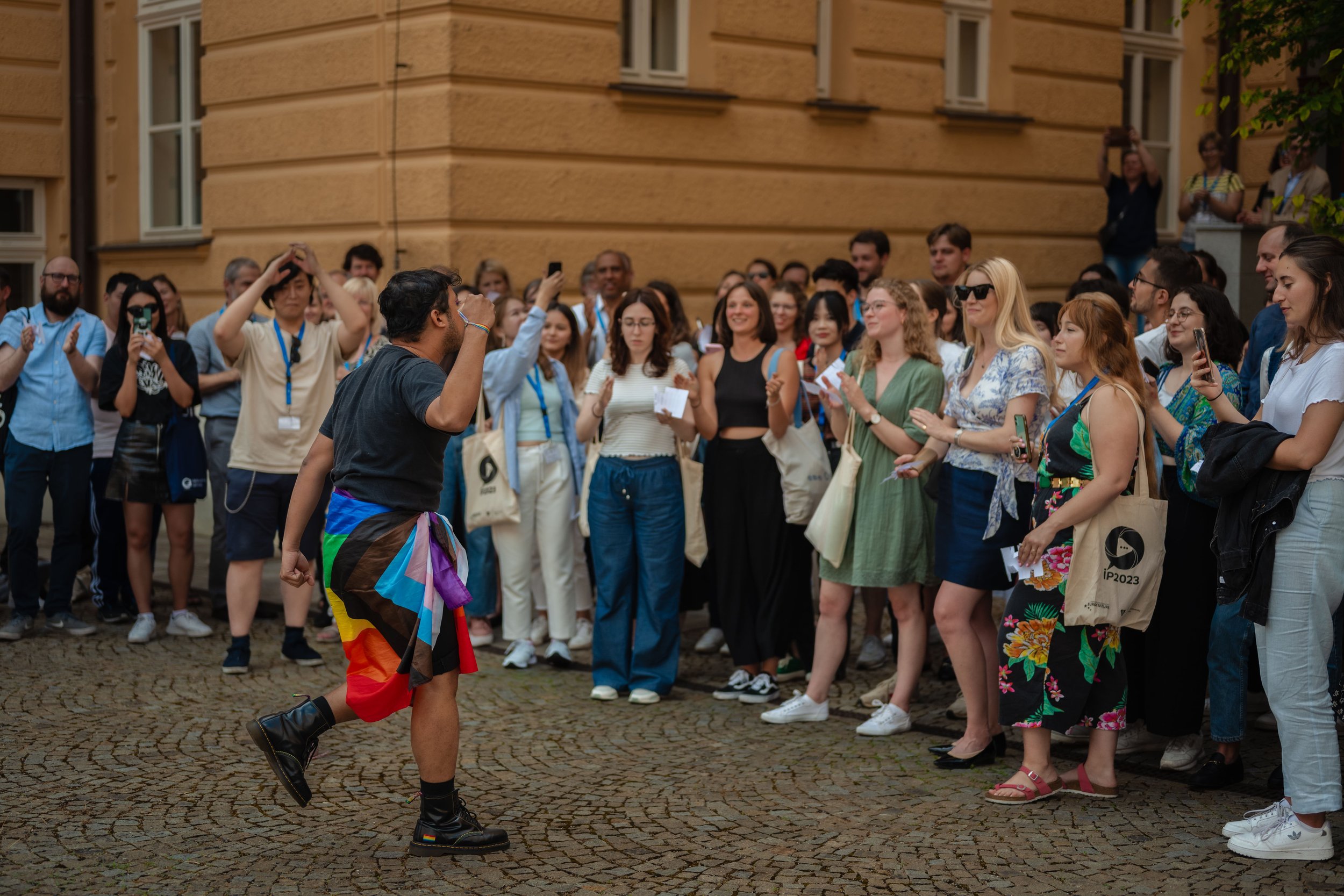
STRASBOURG, FRANCE
Euroculture Intensive Programme 2024
July 1-7, 2024.

Contents
What is
Dissonant
Heritage?
Dissonant heritage deals with the recognition and interpretation of historical and cultural legacies that evoke discomfort, conflict, or contradiction within society. Initially denoting difficult or erased heritage, it has evolved to emphasize the discourse revealing dissonance in public spaces, challenging established narratives.
IP 2024 Vignettes
Available
Available
Available
Available
-
17:00 Tutor Registration Session
-
09:30 Opening Ceremony & Keynote Lecture
13:30 IP Paper Sessions 1
-
09:00 IP Paper Sessions 2
13:30 Student Project Session 1
16:30 IP Paper Feedback Sessions
-
-
-
Item description
-
Theme: Dissonant Heritage and European Citizenship
This year’s Euroculture Intensive Programme on Dissonant Heritage prompts critical reflections on complex historical and cultural narratives within Europe. It encourages students to question established heritage norms, power dynamics, and societal values.
What better place to discuss historical reconciliation than Strasbourg ?
With its reevaluation of historical narratives, particularly regarding German influences and the city's pivotal role in European unification, Strasbourg is a great symbol of this delicate balance and a reminder of the ongoing struggle for human rights and cultural understanding.
Nice to Know in Strasbourg:
IP Workshops 2024
As part of the Intensive Programme, a number of different workshops were offered. A description of each can be found below.
1. "Dissonant" Photography - Room 002 on Wednesday and Friday, Room 202 on Saturday
… with Valérie Graftieaux
In my photographic work, like in my drawings, I am fond of details. I choose to isolate an object from its context to highlight it, in its reality but also in a symbolic way. Focusing on an object will allow me to have a dialogue between a precise representation and paradoxically a loss of reference points. This dissonance will give rise to mental associations: because we no longer really know what we are facing. It’s this dialogue that interests me: between reality and our imaginary field. Between a real object and what it is gonna evocate, there is a gap open for each person, depending on their culture and experience.
It is in this sense that I propose a workshop to the Euroculture intensive programme. As explained in the introduction, Strasbourg's architecture is a stunning blend of French and German influences, reflecting the city's particular history with these two countries. It is a cultural and political crossroads that mixes historical layers of influence. From Neustadt to Petite France, around the Cathedral: it's easy to take "postcard" photographs... But it's another point of view that interests me. Whether you already know the city or not: what catches your attention? What architectural details remind you of familiar things, and on the opposite what others seem strange and dissonant to you? I propose, through photography, to create a map of the details of Strasbourg which resonate in a harmonious or dissonant way with each of you.
2. Poetry and Place: Rhythms of Heritage and Space - Room 001 on Wednesday and Friday, Room 201 on Saturday (Ground floor & Second floor)
…with Theresa Heyer & Szilvia Szita
Poems are full of culture, history and your own identity. With them and through them, you can travel, discover others and yourself and explore the culture of foreign countries, as well as your own cultural heritage in all its facets. In this workshop, you will present a poem from your home country to the other participants, translate poems from languages you (don't) know and write/create a poem yourself. At the end of the Summer School, you will perform all together the poems in a short performance.
3. Theatre and Performance Art - Room 101 (First floor)
…with Lara Delage-Toriel and Gilles Buscot
Career Day
The panel sessions are divided into rounds. You are allowed to sign up for a maximum of three out of four panels. This means there is one that you will not be able to attend. Each panel will take approximately 45 minutes. There will be breaks between the panels. For a full schedule, see below:
Schedule
13:00 - 13:10: Word of welcome in each of the four rooms by the respective moderators (ahead of the first session)
13:10 - 14:00: First round of Panels (10 minutes for each of the four panelists + 10 minute Q & A at the end)
14:00 - 14:20: Break for students to move from one room to another
14:20 - 14:30: Word of welcome in each of the four rooms by the respective moderators (ahead of the second session)
14:30 - 15:20: Second round of Panels (10 minutes for each of the four panelists + 10 minute Q & A at the end)
15:20 - 15:50: Coffee Break and break for students to move from one room to another
15:50 - 16:00: Word of welcome in each of the four rooms by the respective moderators (ahead of the third and last session)
16:00 - 16:50: Third round of Panels (10 minutes for each of the four panelists + 10 minute Q & A at the end)
16:50 - 17:00: Closing of the Panel Sessions
Panel Topics and Participants
To see the panel participants, click on the ‘‘+’’ symbol!
-
Felix Lengers - Trainee Public Affairs and Communication Agri Food Team in Brussels
Elodie Treillard - Member of the Organization of Women in International Trade in Brussels
Mirthe Vogd - Programme Secretary Europapact Corporation in the Netherlands
-
Coralie Derais - Orientation and Professional Integration Officer at University of Strasbourg
Brian Palmer - Social Anthropologist and Associate Professor at Uppsala Universitet, previously Harvard.
Jelmer Herms - Course and Consortium Manager Euroculture
Kim Beecheno - Sociologist: Researcher and Lecturer, Marie Curie Horizon 2020 Fellow
-
Nathalie Charvet - Director and Coordinator at the European House of Architecture
Simon de Leeuw - Programme Editor at DutchCulture
Ana Benavides Otero - European Events Manager at the European Festival Association
-
Steven Berens - Advisor at ERAC, European and Regional Affairs Consultants
Luca Gentile - Information and Communications Agent - European Commission Spokesperson’s Service

